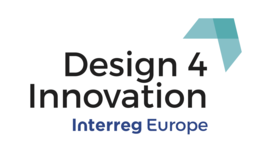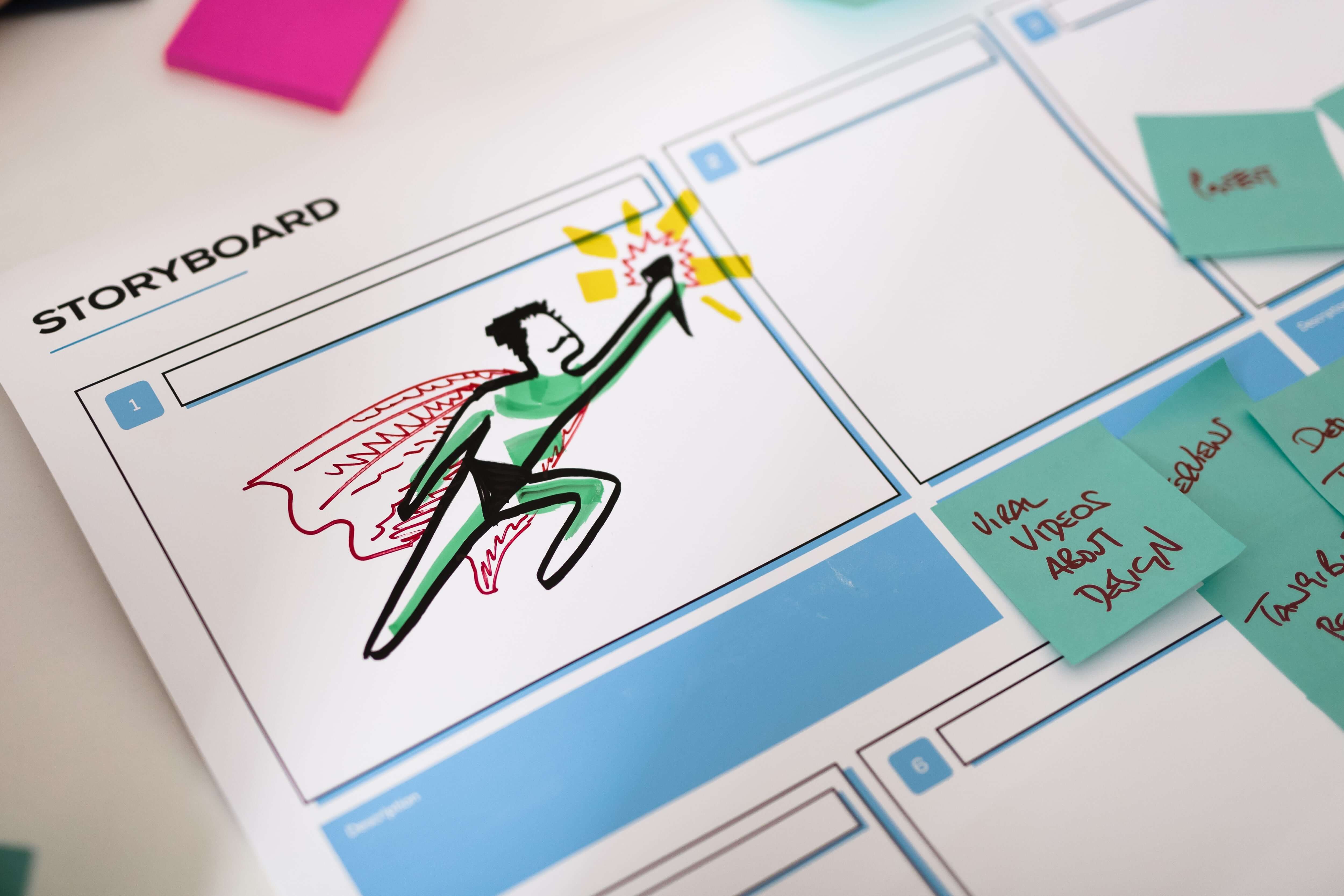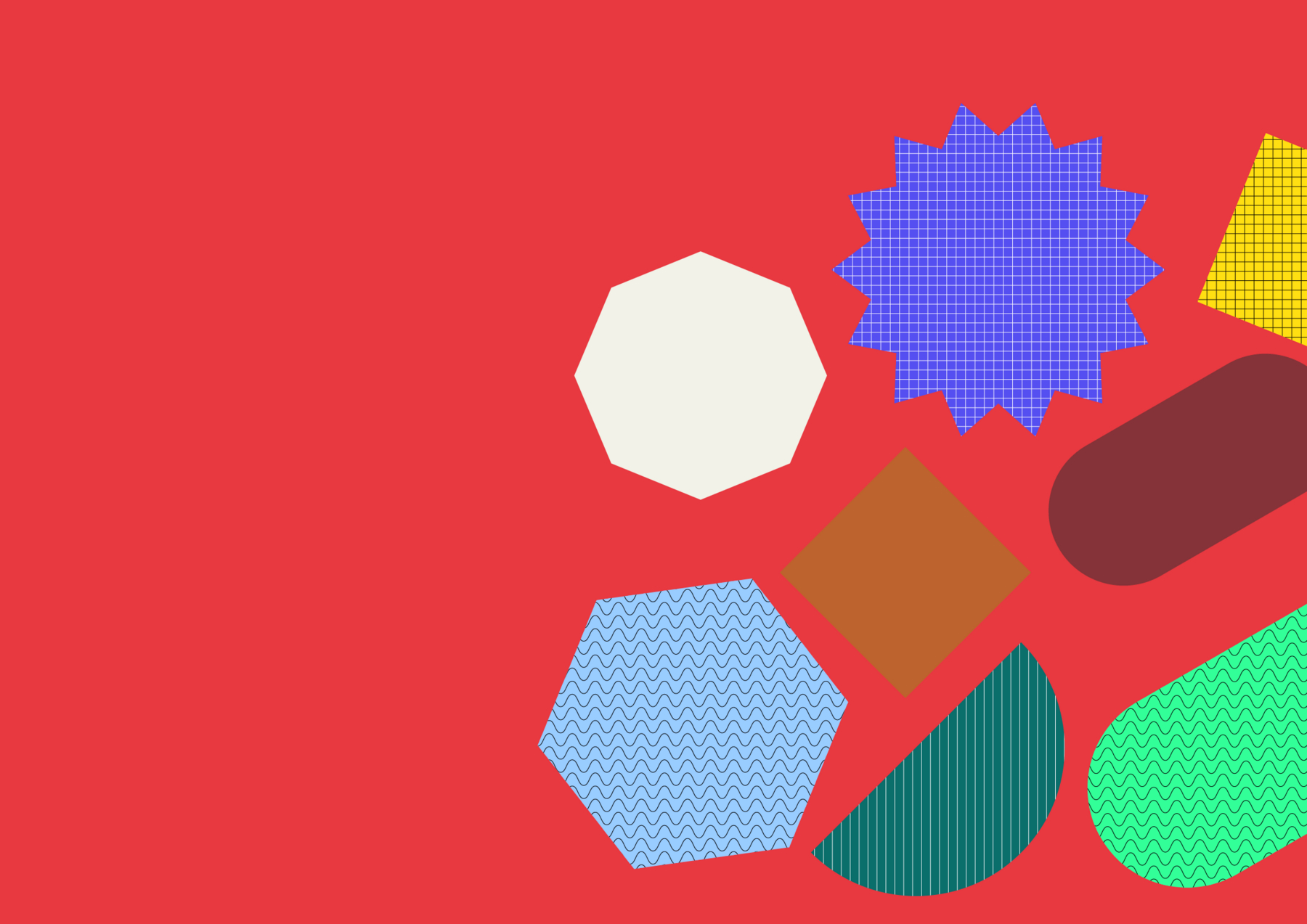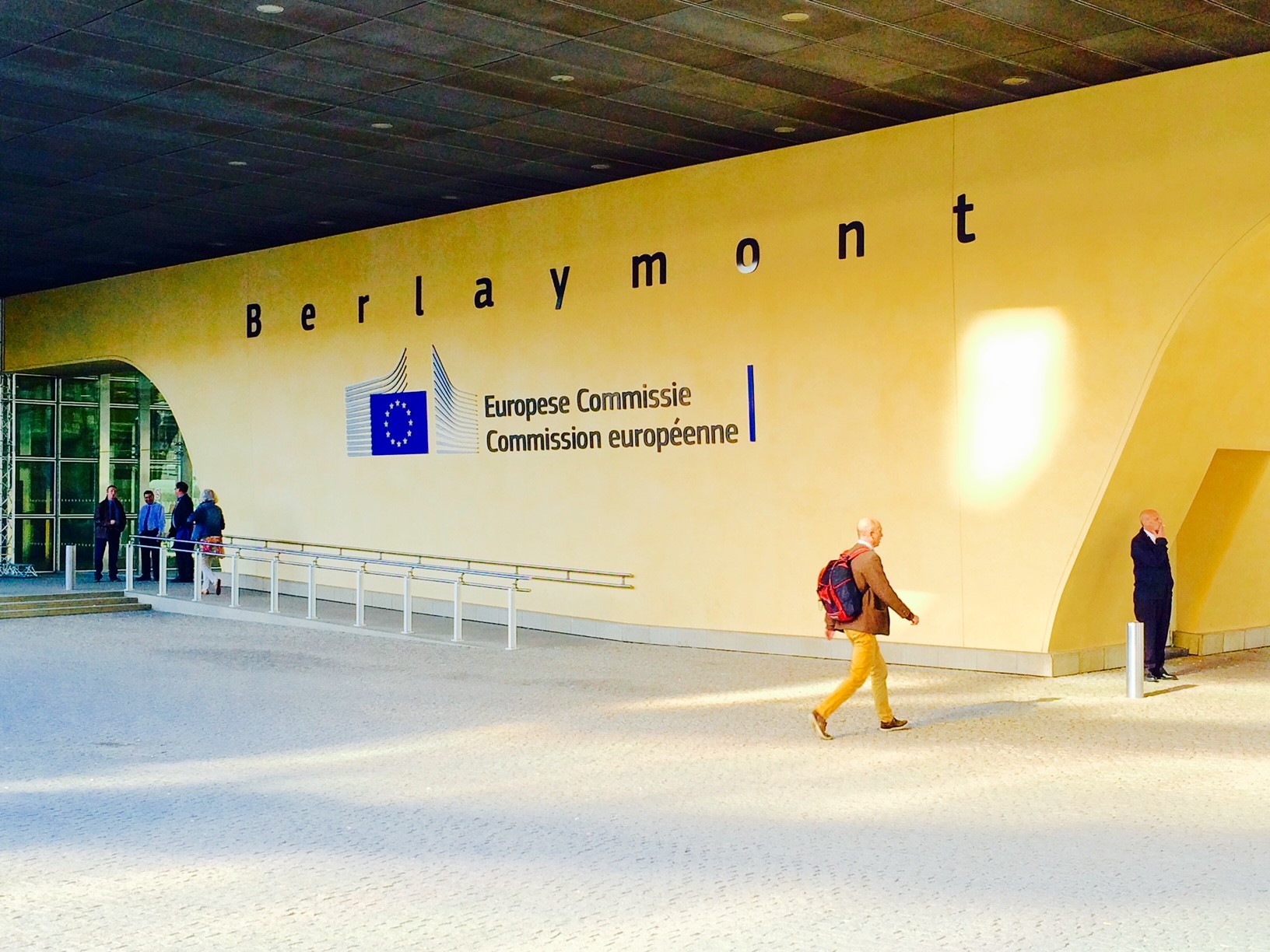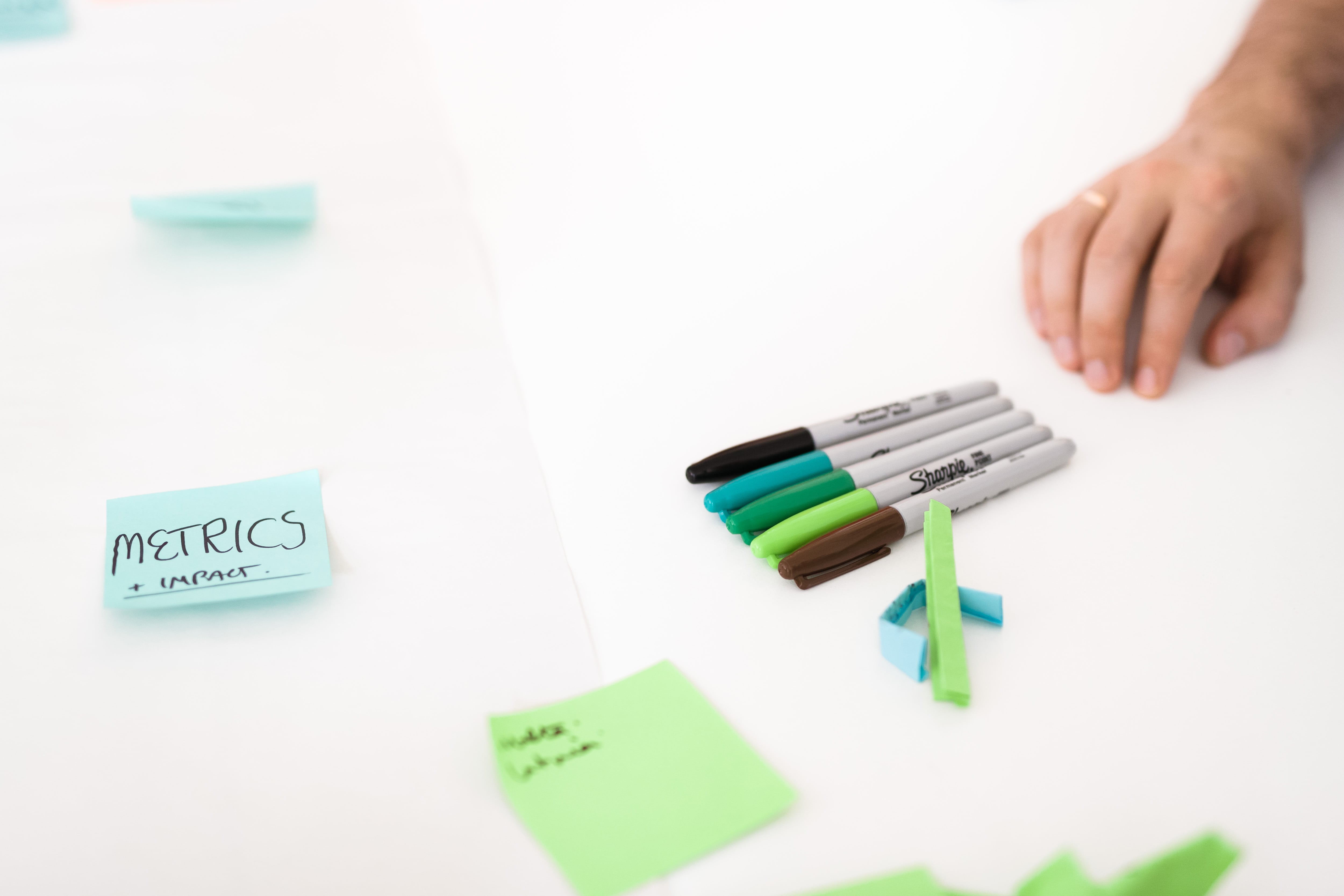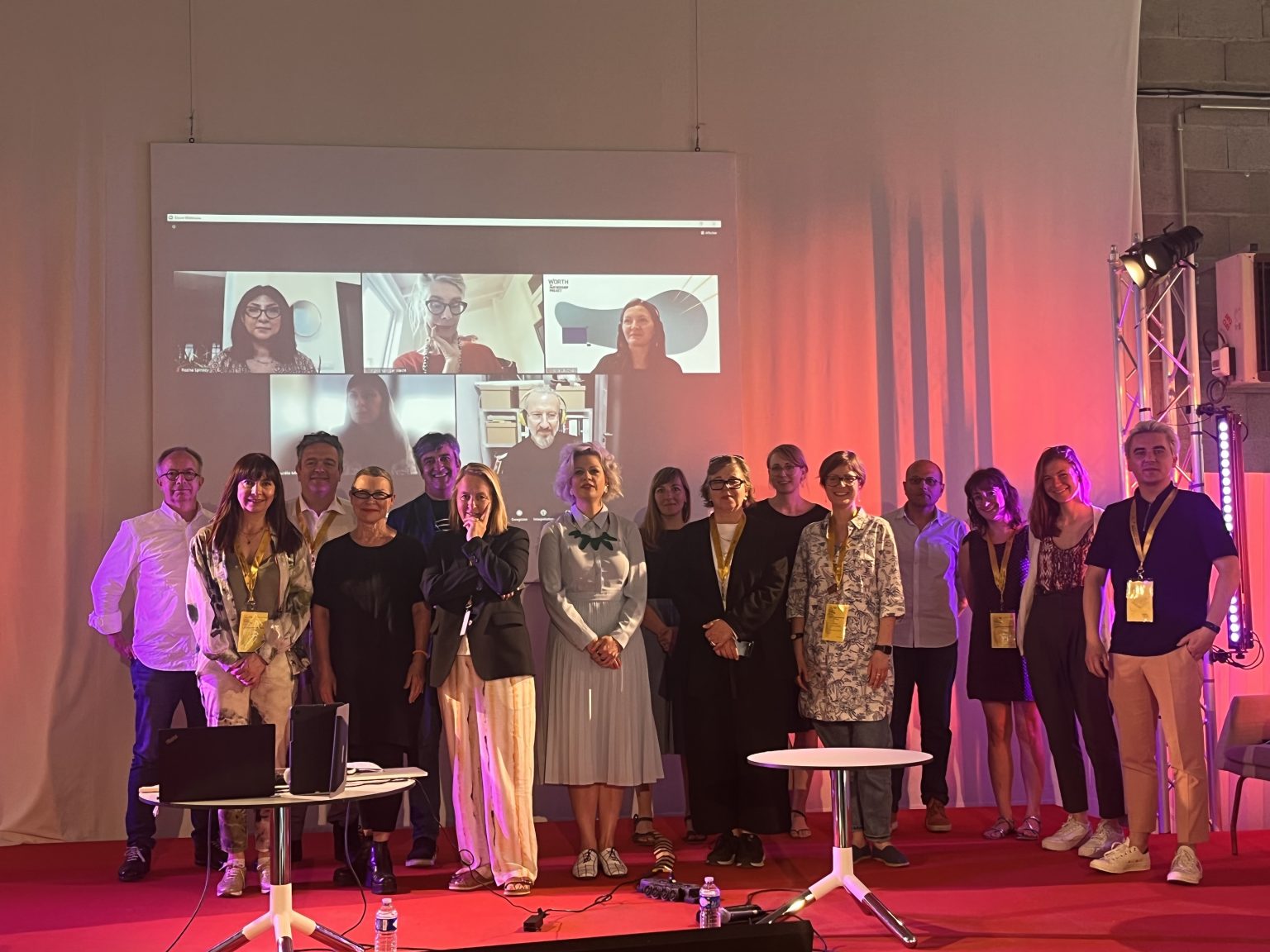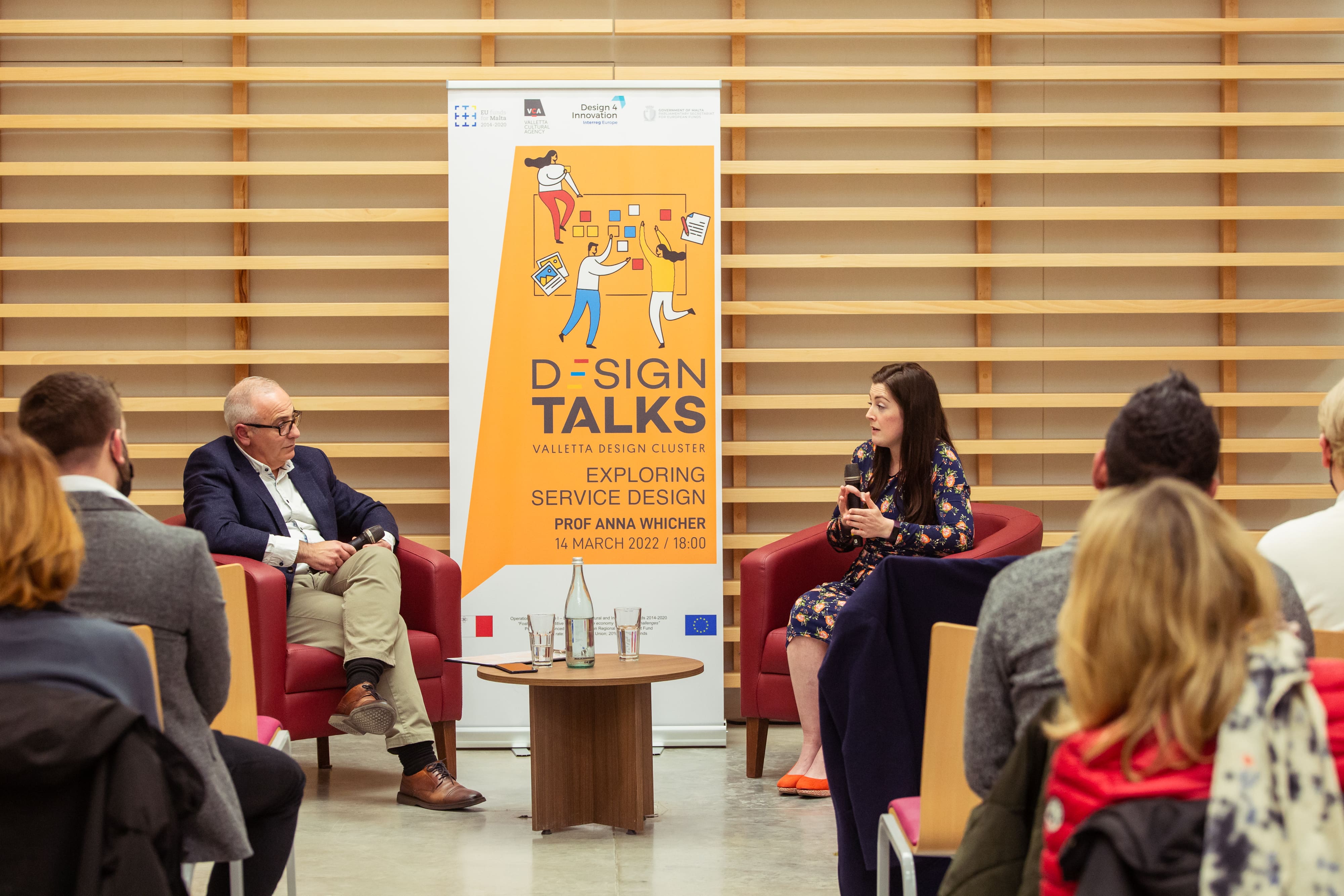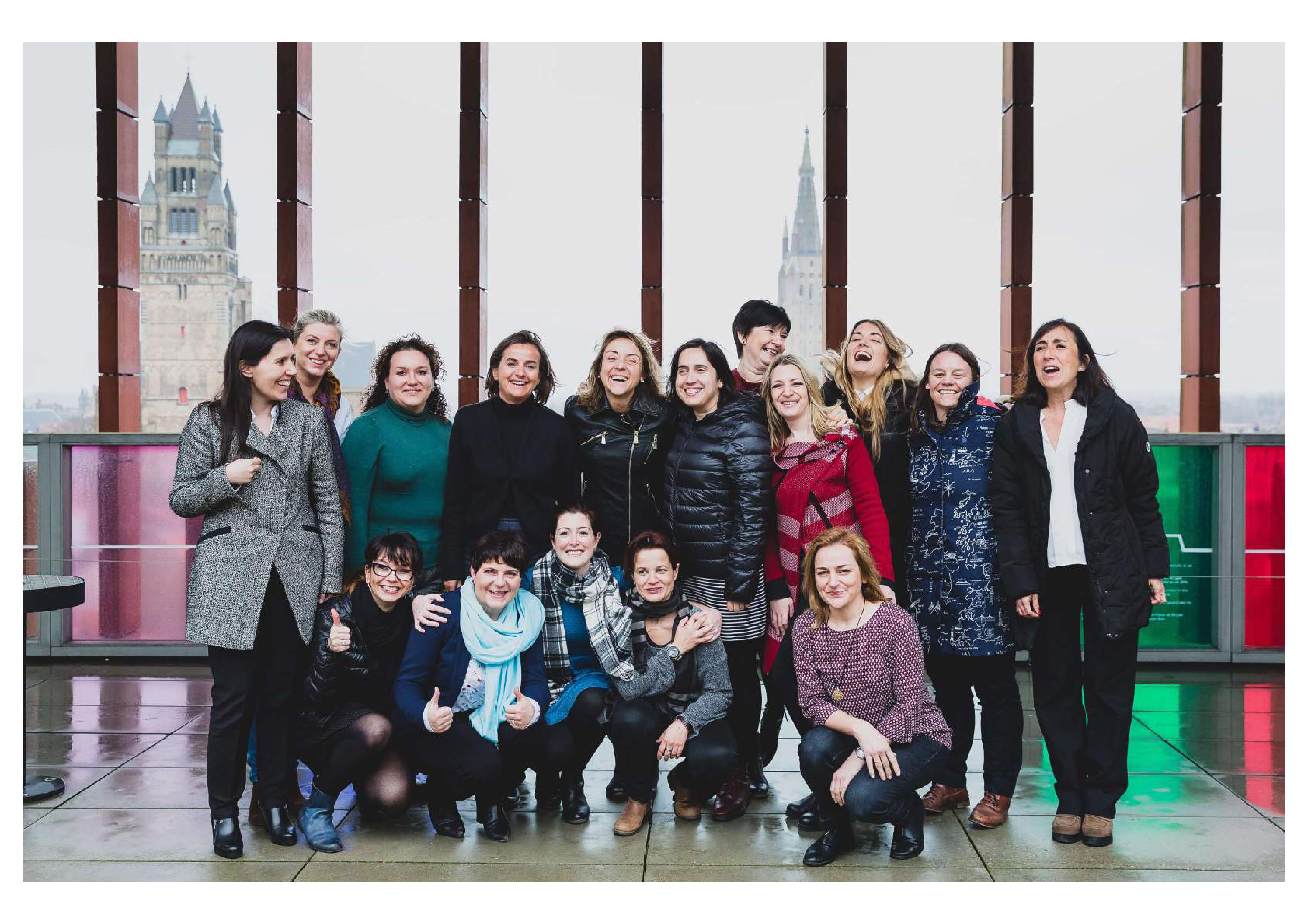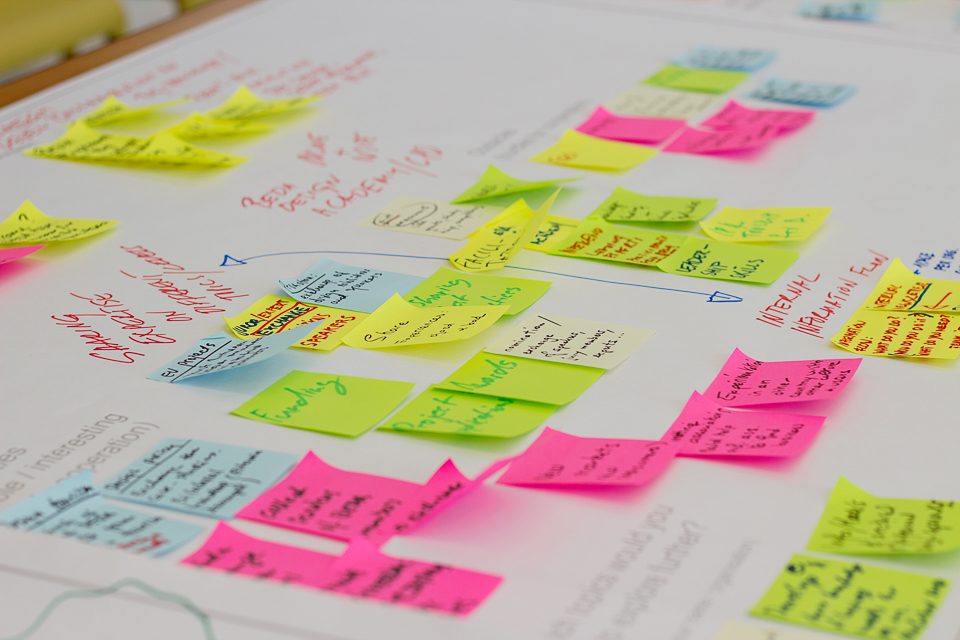Design4Innovation participated in the BEDA Forum “Design in European Policies and beyond”, on the 19th May 2022. The high-level discussion was part of the programme of the 12th edition of the Biennale International Design Saint-Etienne.
BEDA - the Bureau of European Design Associations brings together 54 design organizations from 28 countries from across Europe to create a strong and unified voice for Europe's sustainability and prosperity through design. BEDA work closely with its members, European institutions, national and regional governments to promote the value of design approach. In recent years the New European Bauhaus, the Europe’s renewed Industrial Strategy, Cultural and Creative Industries Policy, and EU Pact for Skills were areas where BEDA focused their activity in communicating design as powerful driver for cohesion and collaboration.
The Forum in Saint Etienne covered discussions on the position and ambitions of design in European policies with members and representatives of the European Commission:
- Ruth Reichstein (European Commission’s Advisory Board I.D.E.A of the President of the European Commission) presented the progress of the New European Bauhaus initiative - she talked about how the NEB Lab is being developed and about the upcoming NEB Festival. Co-design approach taken to developed the initiative was something completely new in EU policymaking. The success of it in bringing people together and breaking down silos generated interest in design for policymaking across the entire Commission. The NEB team is sharing their lessons learnt with other DGs and exploring whether NEB model can be applied in other policy areas.
- Ilona Lelonek Husting (DG GROW, Policy Officer Unit: Proximity, Social Economy, Creative Industries) presented the 14 industrial ecosystems identified by the current EU industrial Strategy to support a fair and resilient recovery and to deliver on the ambitions of the green and digital transitions. These ecosystems, including a Cultural and Creative Industries ecosystem, are mobilised to set-up large scale skills partnerships, in the context of the Pact for Skills. Ilona outlined also how design features in the SME Strategy, Green Deal, Agenda for Culture and Digital Decade strategy. Following that, she also announced consultations on the revised Design Directive and for the Framework for Regional Mark for Craft and Industrial Products.
- Javier Sanfelix, Policy Officer (DG R&I, Industrial Transformation Unit) presented the Materials 2030 Manifesto that addresses the fragmentation of advanced materials in Europe’s R&I programming over several Pillars and Clusters, as well as the increasing complexity of developing new materials and processes.
Following the presentation from the Commission officials, Isabelle Vérilhac (current BEDA President), Päivi Tahkokallio (President of BEDA 2019-21), Lisa Lang (Director Policy & EU Affairs Orchestrator EIT Climate KIC), Alok Nandi (IxDA) and Eija Salmi (Cumulus) discussed the current goals and challenges for design policy in Europe and on a global stage. Lisa underlined the importance of knowing how to connect the dots to become even stronger in policy making, part of which is to know the language of policy making. She reminded that policy makers in the EU don’t always know how to ’speak design’ – and vice versa. Alok and Eija, on behalf of the Montréal Design Declaration Design Declaration Committee expanded the discussions beyond Europe, with a global point of view. They have underlined the role of academia and research and the need to keep increasing the design literacy among policymakers.
Summing up discussions in the Forum, the question raised by Päivi Tahkokallio, moderator of the event, at the end of the conversation was if the place of design was truly horizontal between all 14 industrial ecosystems instead of now being positioned as part of Cultural and Creative Industries.
The discussions perfectly set the scene for a Policy workshop, facilitated by Piotr Swiatek, Design4Innovation Project Manager. Piotr presented the last 30 years of European Design Policy, and lessons learnt from Design4Innovation project, and engaged participants into imagining the preferred futures for design in Europe. Among the topics discussed were how to mobilise those who do not yet use design, how to promote leaders, how to ensure that designers talk to policymakers in the light of NEB, and how to collect better data on design. Piotr will continue the European Design Policy work with BEDA to best inform the future policy initiatives in Europe across all domains.
The article uses fragments from BEDA News website.
